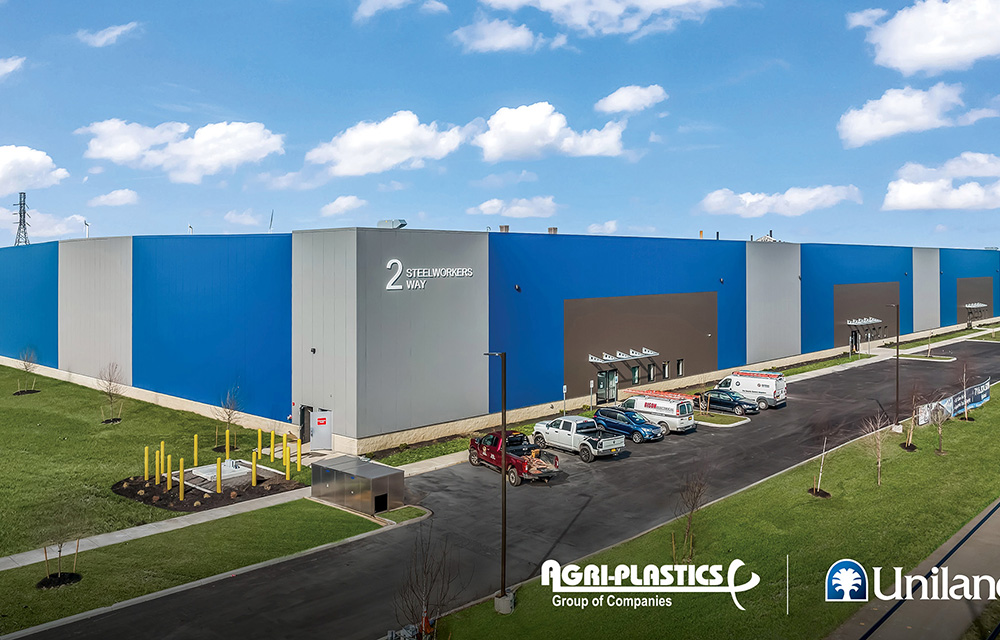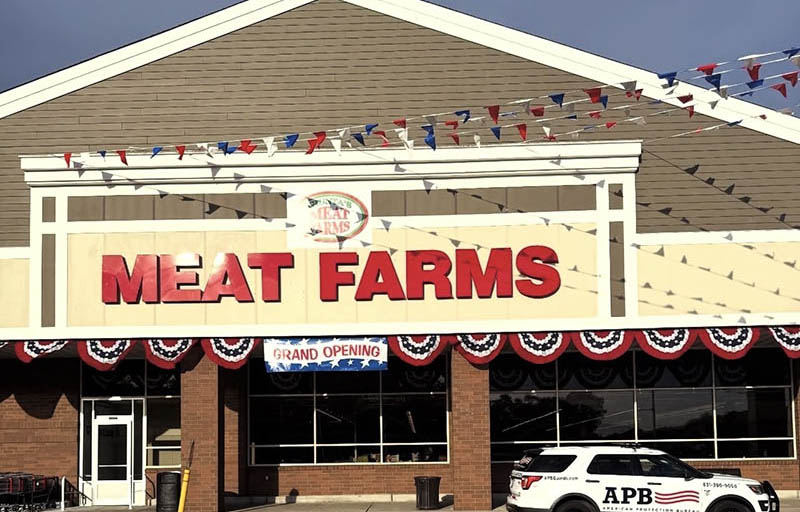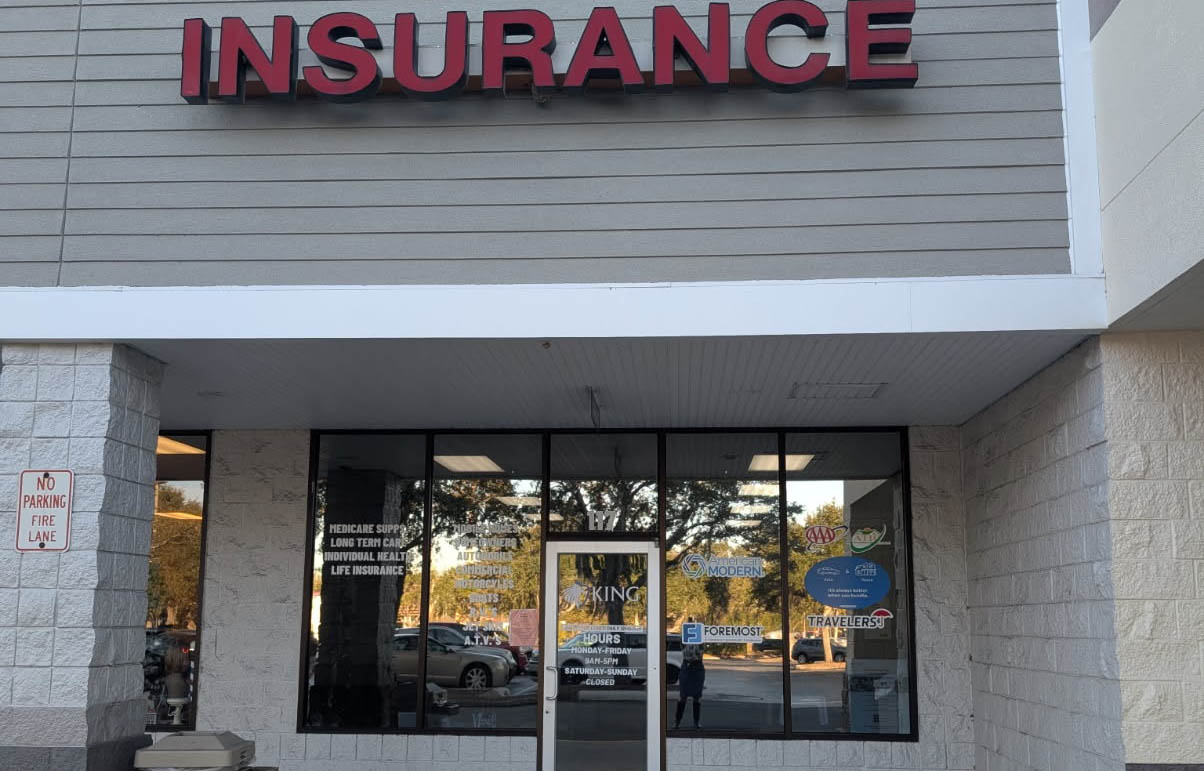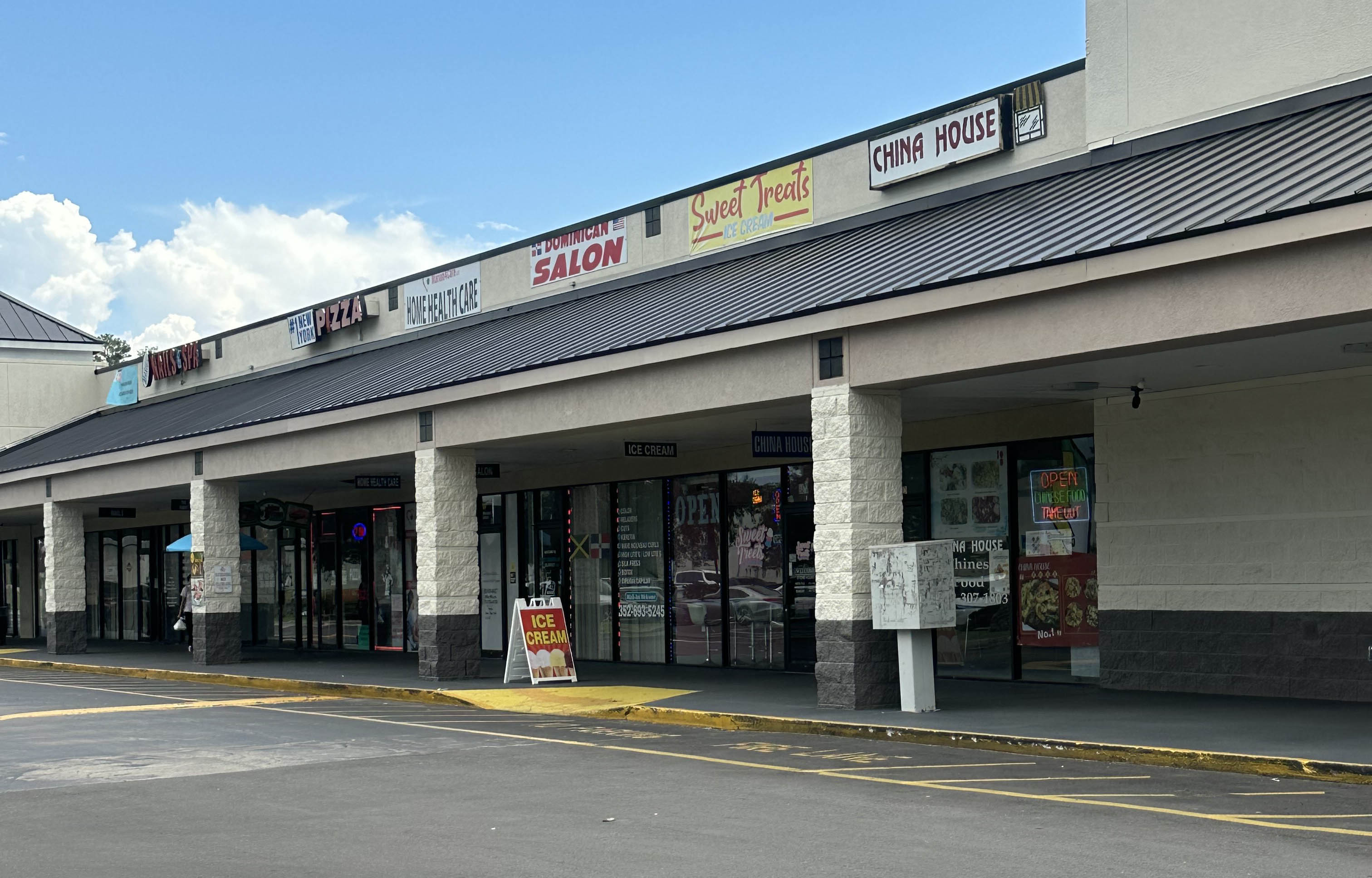News:
Brokerage
Posted: March 6, 2009
A new sales tax in New York on building renovation
Governor Paterson, in his executive budget for 2009-2010 released in December, outlined how he proposed to close a $13 billion deficit for the upcoming fiscal year. While the media focused its attention on the tax on soft drinks, we have examined his proposed budget for its impact on the real estate industry. One proposal ignored by the media would dramatically deter capital investment in existing buildings, would have an adverse impact on our economy and would prolong our recession. The proposed budget calls for a change in the definition of a capital improvement leading to the imposition of the sales tax on the labor associated with all building improvements which are not considered new construction, a new addition, or total reconstruction of an existing building. We have expressed our strong opposition to this proposal. Here's why.
The state is currently in the midst of a severe economic and financial crisis, forcing deep cutbacks in the state's budget. Overcoming these budgetary limitations will require increased economic activity. Therefore, it is in the best interest of the state to encourage economic activity and at the very least not inhibit economic activity with its budget proposals. This sales tax proposal clearly establishes a new and significant cost for those looking to improve their properties. This proposal would prevent this economic investment.
Property owners are already in an uphill battle to repay their mortgages and secure financing for capital improvements to their apartment buildings and their office space. Adding such a significant additional cost to improve their structures will only make repayment tougher or will force owners to delay important projects that will further subtract from a property's value during a crucial period. Also, redevelopment of property that is not currently being fully utilized or operated at the highest and best use will suffer.
Private developers that are performing alterations on existing structures to preserve affordable housing, such as Mitchell Lama projects, will certainly face new obstacles in preserving this valuable stock of rental housing. New commercial centers being renovated to spur economic growth and jobs in the neighborhoods outside Manhattan's Central Business Districts, are not likely to materialize. Owners who need to upgrade their property will be unable to retain existing tenants and to attract new tenants as a result of this additional tax. The ultimate result will be fewer jobs, lower property values, and less economic activity.
At a time of severe recession, new privately financed construction projects are grinding to a halt. There is almost unanimous agreement at all levels of government that the federal government should adopt an economic stimulus package that funds government construction projects. NYS has submitted to Washington for possible funding a list of infrastructure projects ready to start or accelerate construction immediately in the hope that these projects will create jobs and help revive the economy. It is clearly the policy of the state to stimulate construction activity at a time when the industry faces severe problems. Under these circumstances, it is counterproductive to extend the sales tax to the cost of labor on private construction projects. Private development generates the same stimulus for the economy as publicly-financed development at a much lesser cost to government.
Furthermore, why should the tax on labor apply to the gut renovation of several floors of a rundown old building but not "new" construction? Both projects will create jobs and generate new up-to-date facilities. Major renovations, in many cases, may be the most cost-effective way to produce the spaces that are in demand. The state should not impose a tax on projects that may be the most economically viable at a time of severe economic distress in the real estate industry.
The recovery of the real estate industry in New York will begin when owners can profitably undertake renovation and rehabilitation projects. Such projects are generally more cost effective than a ground-up development. This bill places a tax on the type of job-generating capital investment that is likely to occur first and help lead us out of the recession. The returns on these projects can then be used to finance larger projects that will lead to the broad-scale employment growth that New York needs. Taxing such projects may not just delay the recovery but also restrict its breadth and depth as well.
In New York City, the conversion of old buildings to new uses has been a great success story in recent decades. The conversion of old office buildings and industrial lofts to housing has been cost-effective and has revived many neighborhoods. The creation of subsidized housing over the past 40 years has to a large extent been a story of rehabilitating old buildings. Major rehabilitations of second-class office buildings have been critical to providing office space at lower rents to tenants who cannot afford new first class space. The restoration of old theaters, concert halls and other performance spaces has been critical to the cultural life of the city.
Environmentally, there is no question that it is "greener" to renovate an existing building than to build new. A renovation reuses materials instead of dumping them and consumes far fewer natural resources. In this sense, a tax policy that penalizes renovation is environmentally regressive.
Construction activity is grinding to a halt as credit is virtually non-existent, especially for new projects. Adding significant cost to capital improvement projects will curtail renovation activity, increase unemployment in the construction and other industries and place further pressure on the unemployment insurance system.
This extension of the sales tax is the wrong remedy at the wrong time.
Steven Spinola is the president of the Real Estate Board of New York, New York, N.Y.
Tags:
Brokerage
MORE FROM Brokerage
Hanna Commercial Real Estate brokers Agri-Plastics 64,000 s/f manufacturing facility lease at Uniland’s 2 Steelworkers Way
Lackawanna, NY Agri-Plastics, a global leader in the manufacturing of plastic products for agricultural, industrial, recreational, environmental, and home industries, has signed a 64,000 s/f lease to open a

Quick Hits
Columns and Thought Leadership

Lasting effects of eminent domain on commercial development - by Sebastian Jablonski
The state has the authority to seize all or part of privately owned commercial real estate for public use by the power of eminent domain. Although the state is constitutionally required to provide just compensation to the property owner, it frequently fails to account

AI comes to public relations, but be cautious, experts say - by Harry Zlokower
Last month Bisnow scheduled the New York AI & Technology cocktail event on commercial real estate, moderated by Tal Kerret, president, Silverstein Properties, and including tech officers from Rudin Management, Silverstein Properties, structural engineering company Thornton Tomasetti and the founder of Overlay Capital Build,

Behind the post: Why reels, stories, and shorts work for CRE (and how to use them) - by Kimberly Zar Bloorian
Let’s be real: if you’re still only posting photos of properties, you’re missing out. Reels, Stories, and Shorts are where attention lives, and in commercial real estate, attention is currency.

Strategic pause - by Shallini Mehra and Chirag Doshi
Many investors are in a period of strategic pause as New York City’s mayoral race approaches. A major inflection point came with the Democratic primary victory of Zohran Mamdani, a staunch tenant advocate, with a progressive housing platform which supports rent freezes for rent








.jpg)

.gif)